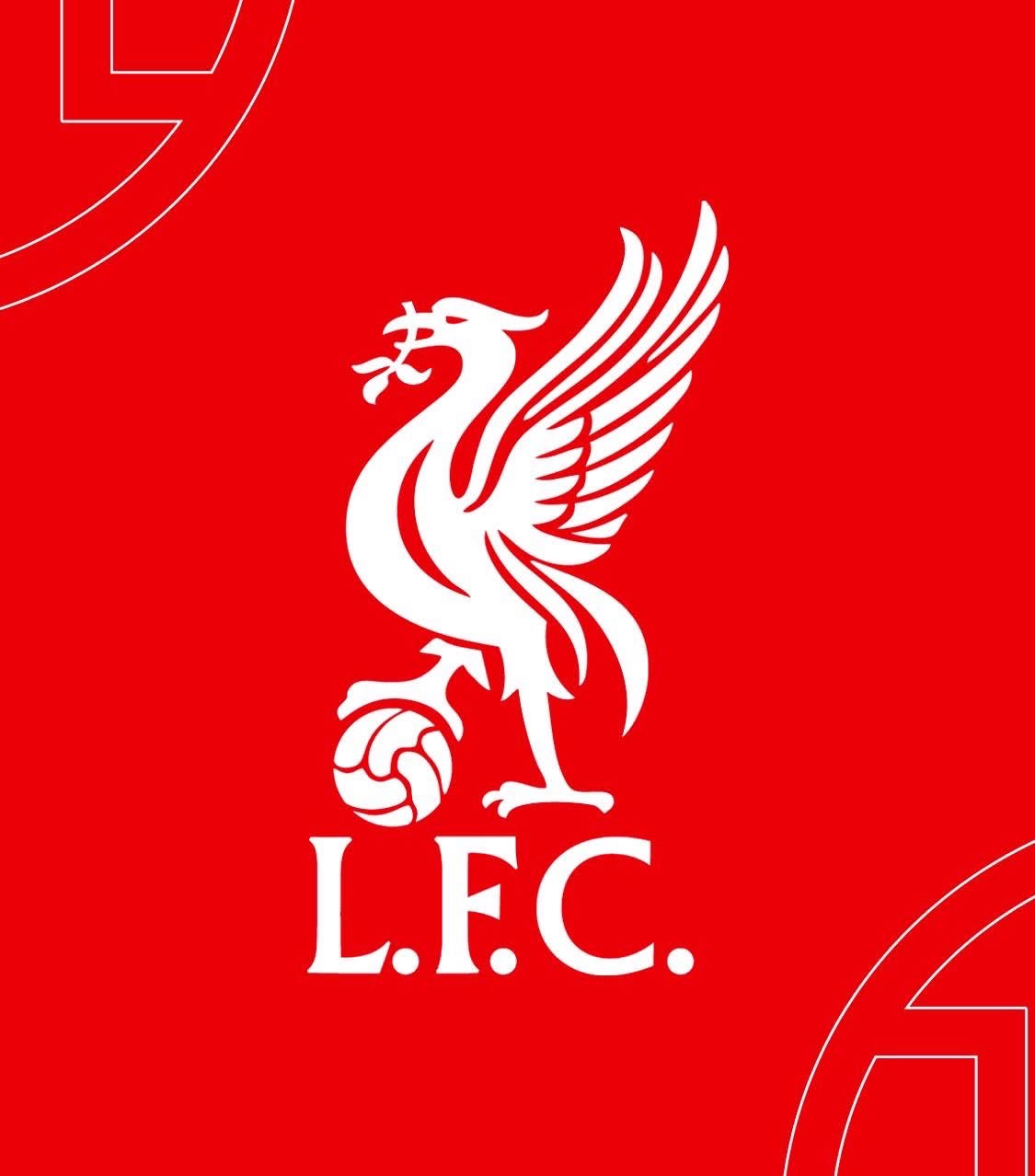Liverpool’s transition into a new managerial era has been anything but quiet. As the Reds continue to adapt to life after Jürgen Klopp, the spotlight now shines brightly—and heavily—on the new man at the helm. With pundits, fans, and former players all watching closely, every match and every decision has become a statement of intent.
The discussion among football analysts has been intense. Legends of the game dissect every tactical move and lineup choice, comparing the current Liverpool to the dominant force that conquered England and Europe just a few years ago. The question remains the same: can this new leadership replicate Klopp’s magic, or even carve a fresh legacy of its own?
Recent performances have offered glimpses of brilliance, mixed with moments of vulnerability. Liverpool’s new system seems to promise attacking flair and flexibility, yet the demands of maintaining consistency in both domestic and European competitions weigh heavily. Players like Virgil van Dijk and Trent Alexander-Arnold have remained central figures, balancing leadership and adaptation amid tactical changes.
The media narrative has also been relentless. Headlines oscillate between “success” and “pressure,” capturing the thin line every top manager must walk at a club with Liverpool’s expectations. Fans are hopeful yet cautious, aware that a new chapter requires time, patience, and belief.
Still, one thing is clear: Liverpool’s ambition hasn’t wavered. The hunger to compete for titles remains as fierce as ever, and the new manager’s determination to prove himself on the grandest stage burns brightly. He knows the history he’s inherited, but he also knows the opportunity before him—to build something of his own, grounded in the same passion that defines the Anfield spirit.
As this new era unfolds, Liverpool stand once again at the crossroads of pressure and promise—a familiar place for a club that thrives on both.


